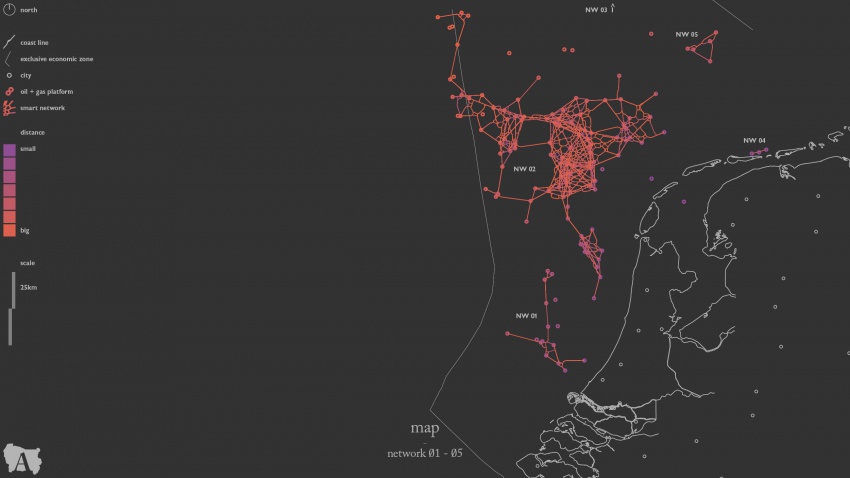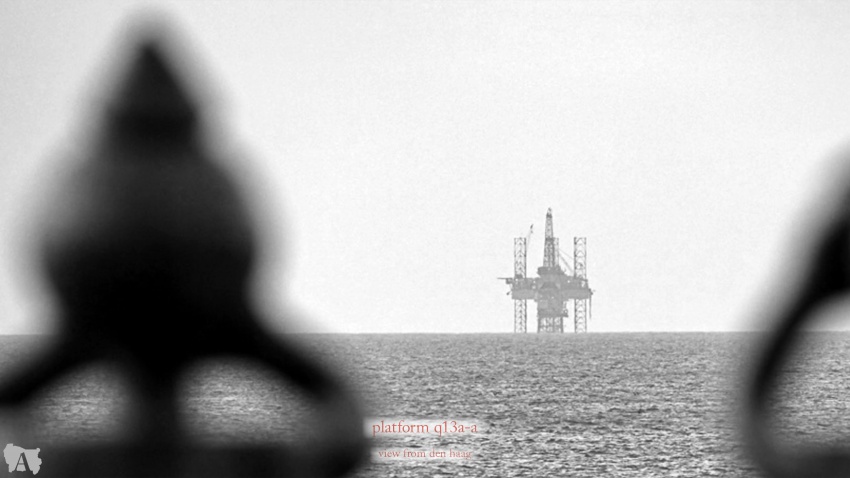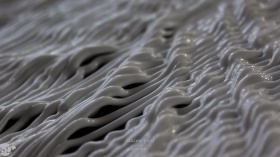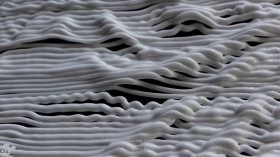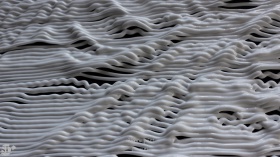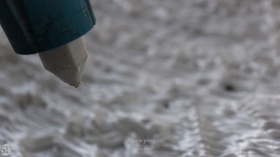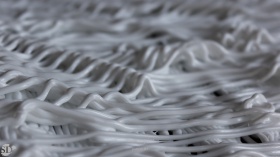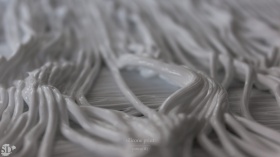Difference between revisions of "project01:P3"
From rbse
(→I. Introduction/Summary) |
(→Structural Analysis) |
||
| Line 49: | Line 49: | ||
====Meso Analysis==== | ====Meso Analysis==== | ||
| − | =====Structural Analysis===== | + | =====Structural Analysis/Porosity===== |
=====Sun Radiation Analysis===== | =====Sun Radiation Analysis===== | ||
Revision as of 00:17, 23 June 2017
Contents
Abstract
Eventually either the oil and gas supply will be exhausted, or society will develop methods to rely completely on eco-friendly energy sources. What will then happen to the oil industry and their factories and structures? In this hypothetical situation, offshore drilling rigs, structures made of billions of euros worth of steel and concrete, will need to be repurposed. These highly sophisticated platforms and jackets resist storms, frequent waves (resonance), and salt water. These abandoned rigs provide society with the opportunity to repurpose, and even extend the site over and under water.
Humans are facing the dangerous consequences of the climate change. Especially the population of the Netherlands, which has to face rising sea levels. An undesired, nor not impossible scenario, would be the loss of livable land due to flooding. The loss of building and living area would result in drastic changes to the means of life. On the one hand, we need to research possibilities to slow down the process, and also change our way of life. However, on the other hand, we must look for concepts and design proposals to support a lifestyle with radical climate changes.
Our society, human behavior, and cities are changing due to the exponential progress of technology. How are we going to live in a future, and which role will architecture play in an augmented world? It might emerge as a balancing act between utopia and dystopia, between the total dependency and repression of the machines and the freedom to achieve more than we ever imagined. Society’s addiction to technical devices emphasizes the urgency at hand to begin to work with new technologies instead of denying the process categorically.Presentation
I. Introduction/Summary
II. Meso Scale
Meso Fragment
Meso Analysis
Structural Analysis/Porosity
Sun Radiation Analysis
Orientation Analysis
IIIa. Wood Structure
IIIb. Responsive Silicone Skin
Material: Silicone
Responsive Skin
Manual Silicone Experiments On Double Curved Membrane
1st Silicone Prototype On Double Curved Membrane
Responsive Skin: Cells
2nd Silicone Prototype On Double Curved Membrane
New Extruder Design + Advanced Method
